The research areas of the IPPP broadly fall into several categories as discussed below
LHC and collider physics in the Standard Model and beyond
The lead authors of two of the three multi-purpose event generators for LHC physics are IPPP staff, supported by the two Physicist Programmers. One of the three Parton Distribution Function sets (MRST/MSTW/MMHT) that are routinely used by the experiments originated in Durham and is still co-authored by one of the IPPP members. IPPP members are world-leading in the calculation of QCD NLO and NNLO corrections for processes relevant to LHC physics and in the development of numerical and analytical methods that are central for such calculations. Members of the group are deeply involved in the construction, validation and deployment of methods for LHC precision analyses, for example for multi-jet and boosted topologies. IPPP is also playing an active role in defining the physics programme of future circular collider(s). In flavour physics IPPP leads in topics of Heavy Quark Expansion and B-mixing. Flavour observables are a powerful tool to bound parameter spaces of new physics models.
Dark Sectors, Neutrinos and BSM phenomenology
IPPP members play a leading role in the construction and phenomenology of New Physics sectors, working on neutrinos and astro-particle physics, Higgs-portal models, supersymmetry and string phenomenology. The applications range from the LHC and FCC colliders at the energy frontier to neutrinos, DM detection and light-shining-through-the-wall high-intensity frontier experiments. IPPP is one of the leading institutes in the SuperCDMS collaboration, contributing the Chairman of the Science Working Group and member of the collaboration board. IPPP members are also actively involved in the ATLAS-CMS Dark Matter Forum tasked with theory support and model simulations for DM searches at the LHC Run II. The IPPP continues to lead physics studies of future long baseline neutrino facilities (e.g. Physics WP leader in LAGUNA-LBNO, ELBNF (now DUNE) LoI Writing Committee, DUNE IB) and has done seminal work on lepton-flavour violating models at LHC and key studies in neutrino-less double beta decay, sterile neutrinos, and lepto-genesis.
IPPP Phenomenology Network
IPPP is committed to serving the wider UK phenomenology community, including theorists and experimenters alike. To mutually enhance the research in the UK institutions, IPPP runs a network, including experimental fellowships and associates in addition to its workshop and visitor programme.
Quantum Sensors for Fundamental Physics
Our new activity Quantum Sensors for Fundamental Physics focuses on joint research with the atomic physicists in Durham, working on the development of novel devices for searches for Dark Matter and Fifth Forces.


